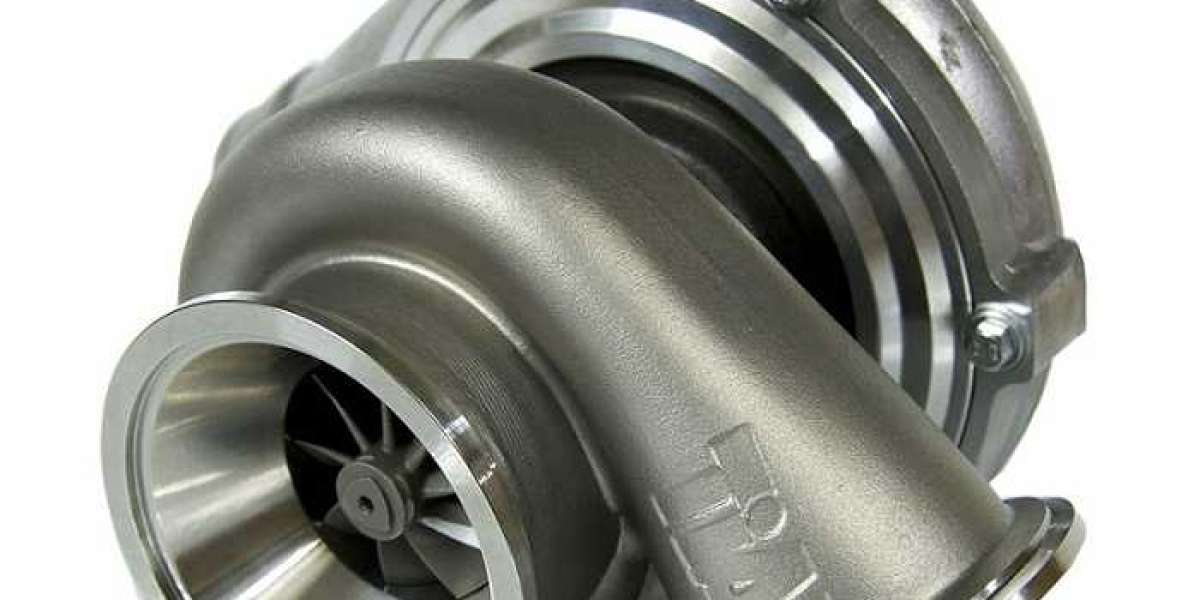Biobased plastic, also known as bioplastic, is a plastic made from renewable biomass sources (such as corn starch, sugar cane, vegetable oils and fats). Unlike traditional plastics made from non-renewable fossil fuels, bio-based plastics are more environmentally friendly and sustainable. In recent years, there has been increasing interest in the use of bio-based plastics due to their numerous advantages. In this article, we’ll explore the benefits of bio-based plastics.
How are Bio-Based Plastics Made?
Bio-based plastics, also known as bioplastics, are made from renewable sources such as plants and microorganisms. The production process involves converting these natural materials into polymers that can be used to create a wide range of plastic products.
One common method for producing bio-based plastics is through fermentation. This process typically begins with the extraction of sugars or starches from plants such as corn or sugarcane. These sugars or starches are then fermented by microorganisms like bacteria or yeast, which break them down into smaller molecules called monomers.
The monomers are then polymerized to form long chains, creating the base material for bio-based plastics. Additional additives may be incorporated during this stage to enhance the properties of the final product, such as making it more flexible or resistant to heat.
Another method for producing bio-based plastics is through chemical synthesis. In this approach, plant-derived oils or fats are chemically processed to produce monomers that can be polymerized into plastic materials.
The production of bio-based plastics offers a sustainable alternative to traditional fossil fuel-derived plastics. By using renewable resources and reducing reliance on non-renewable petroleum reserves, bio-based plastics help mitigate environmental concerns associated with conventional plastic production.
In addition to their eco-friendly nature, bio-based plastics also possess similar physical and mechanical properties compared to traditional plastics. They can be molded into various shapes and sizes just like conventional plastics while maintaining durability and strength.
As technology advances in this field, researchers continue striving towards improving the efficiency and cost-effectiveness of producing bio-based plastics. With ongoing innovations in manufacturing processes and increasing consumer demand for sustainable alternatives, we can expect further growth in the use of bio-plastics across industries ranging from packaging and automotive to construction and electronics.
Advantages of Bio-Based Plastics
Bio-based plastics offer a range of advantages that make them an attractive alternative to traditional petroleum-based plastics. One major advantage is their reduced carbon footprint. Unlike conventional plastics, which are derived from fossil fuels and contribute to greenhouse gas emissions, bio-based plastics are made from renewable resources such as cornstarch or sugarcane. This means they have a lower environmental impact and can help reduce our dependence on finite fossil fuel resources.
Another advantage of bio-based plastics is their potential for biodegradability. While not all bio-based plastics are inherently biodegradable, there are options available that break down more easily in natural environments. This opens up the possibility for these materials to be composted or recycled, reducing waste and promoting a circular economy.
Furthermore, bio-based plastics often exhibit similar properties to conventional plastic materials in terms of strength and durability. This makes them suitable for a wide range of applications across industries such as packaging, automotive manufacturing, construction, and more.
In addition to their environmental benefits, bio-based plastics can also offer economic advantages. As governments and consumers become increasingly aware of the need for sustainable alternatives, there is growing demand for products made from renewable resources. This presents opportunities for businesses involved in the production and development of bio-based plastic materials.
The advantages of using bio-based plastics extend beyond just their eco-friendliness. They provide an opportunity to address pressing sustainability concerns while still meeting functional requirements in various industries. With continued research and innovation in this field, we can expect even greater advancements in the production and application of these promising materials.

Biodegradability and Compostability of Bio-Based Plastics
Biodegradability and compostability are two key attributes that set bio-based plastics apart from traditional petroleum-based plastics. Bio-based plastics have the ability to break down into natural elements when exposed to certain environmental conditions, making them a more sustainable option.
When it comes to biodegradability, bio-based plastics can be broken down by microorganisms such as bacteria, fungi, and algae. These microorganisms produce enzymes that can digest the polymers found in bio-based plastics, resulting in the breakdown of the material into smaller molecules. This process allows for the conversion of bio-based plastic waste into organic matter and carbon dioxide.
Compostability is another important characteristic of bio-based plastics. Composting refers to the controlled decomposition of organic materials under specific conditions. Bio-based plastics that are labeled as compostable can undergo this process along with other organic waste such as food scraps and yard trimmings. The end result is nutrient-rich compost that can be used as a soil amendment.
The biodegradability and compostability of bio-based plastics offer several benefits for both consumers and the environment. It reduces plastic waste accumulation in landfills since these materials can break down naturally over time instead of persisting for hundreds of years like conventional plastics. It helps reduce greenhouse gas emissions associated with plastic production by promoting a circular economy where resources are reused rather than discarded.
In terms of applications, biodegradable and compostable bio-plastics are increasingly being used in various industries including packaging, agriculture, consumer goods, and even medical devices. Their versatility makes them suitable for a wide range of products while also addressing concerns about environmental impact.
In conclusion,Biodegradability and compostability make bio-based plastics an attractive alternative to traditional petroleum-derived ones.
In addition to reducing plastic waste accumulation,the ability to break down naturally offers significant environmental benefits.
By choosing products made from these materials,you're contributing towards a greener future
Applications of Bio-Based Plastics
Bio-based plastics have a wide range of applications in various industries. One of the primary uses is in packaging materials, such as food containers, bottles, and bags. These plastics are not only lightweight and durable but also offer a more sustainable alternative to traditional petroleum-based plastics.
In the automotive industry, bio-based plastics are being used for interior components like dashboards and door panels. These materials provide similar performance characteristics while reducing the environmental impact compared to conventional plastic alternatives.
Bio-based plastics can also be found in electronics, where they are used for casings and housings. Their ability to resist heat and chemicals makes them ideal for protecting sensitive electronic components.
Another interesting application of bio-based plastics is in agriculture. They can be used as mulch films to cover soil or as seedling pots that can be planted directly into the ground without removing the plastic. This helps reduce waste and promotes healthier plant growth.
Furthermore, bio-based plastics have even found their way into the medical field. They are being used for disposable medical devices like syringes, surgical instruments, and drug delivery systems due to their biocompatibility properties.
Bio-based plastics offer a versatile solution with numerous applications across multiple industries. As more research and innovation continue to drive advancements in this field, we can expect to see even more creative uses for these eco-friendly materials in the future!

Conclusion
Bio-based plastics offer numerous benefits and opportunities for a more sustainable future. These innovative materials are made from renewable resources and have the potential to reduce our dependence on fossil fuels while lowering greenhouse gas emissions.
The advantages of bio-based plastics include their biodegradability, compostability, and reduced carbon footprint compared to traditional plastics. They can be used in a wide range of applications such as packaging, agriculture, automotive industries, and more.
Bio-based plastics also present economic benefits by creating new job opportunities in the production and manufacturing sectors. As the demand for sustainable alternatives grows, companies that invest in bio-based plastics can gain a competitive edge in the market.
However, it is important to note that bio-based plastics are not without challenges. The production process requires careful consideration of resource availability and sustainability factors. Additionally, proper waste management systems need to be in place to ensure that these materials reach their full environmental potential.
Exploring the benefits and possibilities of bio-based plastics is crucial for moving towards a greener future. By adopting these innovative materials, we can contribute to reducing plastic pollution while promoting a circular economy based on renewable resources.
At Zhangjiagang Oasis New Material Technology Co., LTD., we strive to develop high-quality bio-based plastic solutions that meet industry standards while minimizing environmental impact. Contact us today to learn more about our products and how they can benefit your business!



